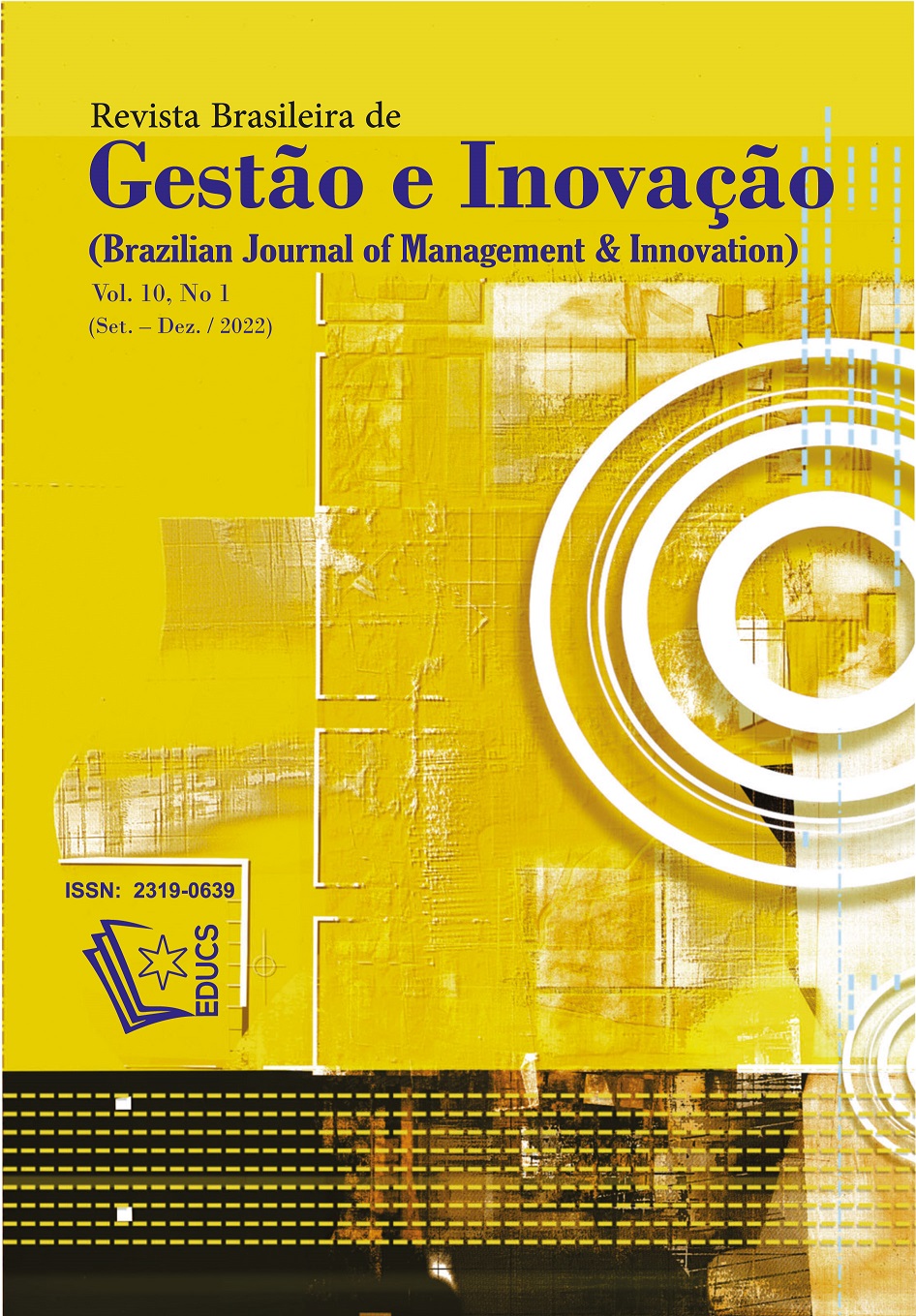PUERTO RICO AS ISLAND OF KNOWLEDGE: LESSONS LEARNED FROM SUCCESSFUL ENTREPRENEURS
DOI:
https://doi.org/10.18226/23190639.v10n1.01Keywords:
Knowledge economy, entrepreneurship, tech sector, knowledge islands, company accelerationAbstract
Entrepreneurs from 10 different companies in the knowledge economy sector of Puerto Rico (PR), varying in operation from two to 25 years, were interviewed to understand which innovation ecosystem elements have contributed or hindered their companies’ growth. We learn about the journey of these companies and explore their leaders’ perception of how creating and operating a knowledge company in PR benefits or hampers their businesses. Entrepreneurs assess what could the commercial sector, educational institutions, and the government do to help their companies be more successful. They also reflect on the concept of Puerto Rico as an Island of Knowledge. Through the analysis of ten case studies, the article provides original and valuable insight into the entrepreneurial ecosystem in Puerto Rico to help researchers and policy makers understand the opportunities and pitfalls faced by Island-based innovators seeking to make their mark in the knowledge economy. We conclude that Puerto Rico is an Island of Knowledge in progress. The innovation ecosystem is currently growing but it remains smaller than needed to foster explosive growth. We found that entrepreneurship and company acceleration programs are having positive impact in growing the creation and sustainability of new knowledge companies on the Island. Puerto Rico is a good source of human capital for knowledge enterprises, but it could do better. Schools and universities need to teach entrepreneurship and bring more students to tech careers. Higher education curricula needs to be updated to cover a variety of new technologies and provide a myriad of practical skills and technical certifications to make graduates productive on day 1. Government and employers alike need to implement creative strategies to retain qualified talent on the Island.
Downloads
Published
How to Cite
Issue
Section
License
Copyright (c) 2022 Brazilian Journal of Management & Innovation

This work is licensed under a Creative Commons Attribution 4.0 International License.
The author must guarantee that:
- there is full consensus among all the coauthors in approving the final version of the document and its submission for publication.
- the work is original, and when the work and/or words from other people were used, they were properly acknowledged.
Plagiarism in all of its forms constitutes an unethical publication behavior and is unacceptable. Revista Brasileira de Gestão e Inovação has the right to use software or any other method of plagiarism detection.
All manuscripts submitted to RBGI - Revista Brasileira de Gestão e Inovação go through plagiarism and self-plagiarism identification. Plagiarism identified during the evaluation process will result in the filing of the submission. In case plagiarism is identified in a manuscript published in the journal, the Editor-in-Chief will conduct a preliminary investigation and, if necessary, will make a retraction.
This journal, following the recommendations of the Open Source movement, provides full open access to its content. By doing this, the authors keep all of their rights allowing Revista Brasileira de Gestão e Inovação to publish and make its articles available to the whole community.
RBGI - Revista Brasileira de Gestão e Inovação content is licensed under a Creative Commons Attribution 4.0 International License.
Any user has the right to:
- Share - copy, download, print or redistribute the material in any medium or format, linking to RBGI site.
- Adapt - remix, transform and build upon the material for any purpose, even commercially.
According to the following terms:
- Attribution - You must give appropriate credit, provide a link to the license, and indicate if changes were made. You may do so in any reasonable manner, but not in any way that suggests the licensor endorses you or your use.
- No additional restrictions - You may not apply legal terms or technological measures that legally restrict others from doing anything that the license permits.
#RBGI







